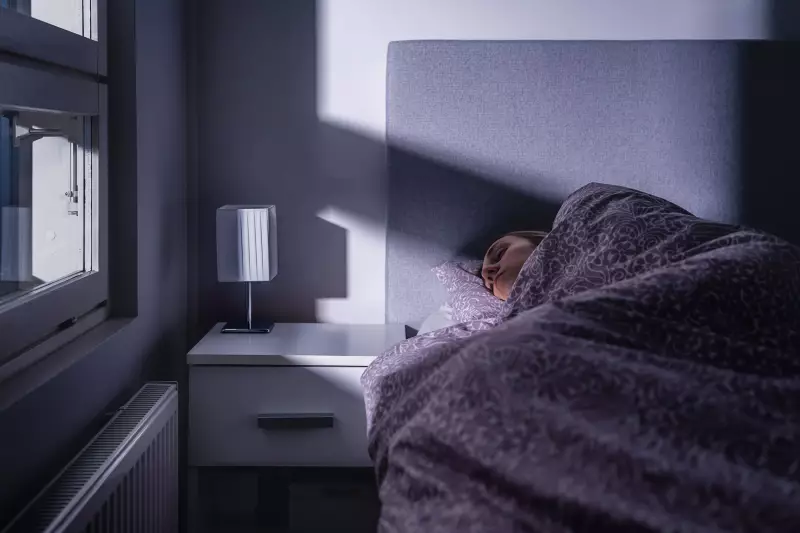
Your late-night screen time and brightly lit bedroom might be doing more harm than you realize. A comprehensive new study has uncovered a troubling connection between nighttime light exposure and some of the world's deadliest diseases.
The Hidden Danger in Your Bedroom
Researchers have found that exposure to artificial light during nighttime hours may significantly increase the risk of developing cardiovascular disease and type 2 diabetes. The study, which analyzed data from nearly 85,000 participants, reveals that our modern, well-lit environments could be silently contributing to major health problems.
What the Research Shows
The investigation discovered that people with the highest levels of nighttime light exposure faced some alarming health statistics:
- Increased diabetes risk by up to 67%
- Higher likelihood of developing cardiovascular disease
- Disrupted circadian rhythms affecting metabolic health
Senior study author Andrew Phillips emphasized the significance of these findings, noting that the relationship appears to be "independent of other risk factors like socioeconomic status, lifestyle, and medication use."
Why Night Light Harms Your Health
The mechanism behind this connection lies in our body's internal clock. Artificial light at night disrupts circadian rhythms, which in turn affects:
- Sleep patterns and quality
- Hormone regulation, particularly melatonin
- Metabolic processes that control blood sugar
- Inflammation levels throughout the body
This disruption creates a cascade of effects that can ultimately lead to serious health conditions over time.
Practical Steps for Better Health
The good news is that you can take immediate action to reduce your risk. Experts recommend:
- Using red or amber night lights instead of blue or white light
- Avoiding screen time at least one hour before bed
- Installing blackout curtains in your bedroom
- Turning off unnecessary lights throughout your home at night
- Using eye masks if complete darkness isn't possible
As light pollution becomes increasingly prevalent in urban environments, understanding these risks becomes crucial for public health. This research serves as an important wake-up call about the hidden health costs of our always-lit modern world.





